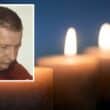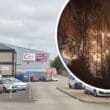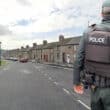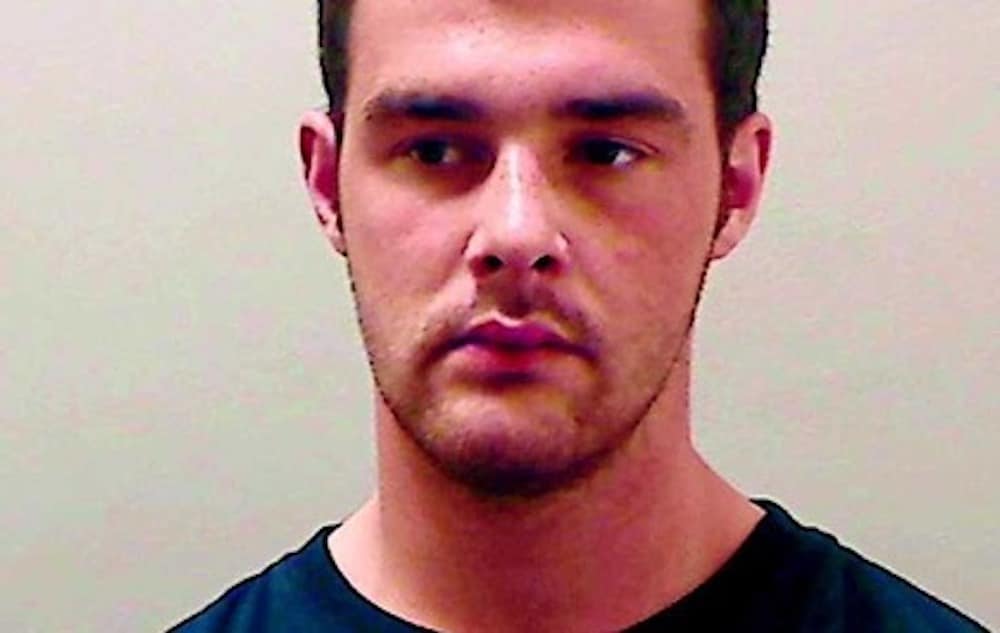
An alleged killer accused of stabbing a man to death allegedly invented a story because the evidence “points fairly and squarely” at him, a senior lawyer claimed today (Monday).
Opening the Crown case against 30-year-old Daniel Carroll on the first day of his trial at Newry Crown Court, prosecuting QC Neil Connor told the jury how the alleged killer remained silent for 15 months after he allegedly stabbed Brian Phelan in the neck and chest.
In a defence statement however, the 30-year-old claimed that three unidentified men had “suddenly appeared” from over Camlough mountain and launched a murderous attack on Mr Phelan, warning Carroll to “stay out of it” before they fled the scene.
“It’s the prosecution case, perhaps unsurprisingly, that the existence and presence of these three men are an invention by the defendant,” declared Mr Connor, “dreamt up by him over a period of 15 months since his arrest to try and explain away the incontrovertible evidence that points fairly and squarely at him as the person who stabbed Mr Phelan.”
Carroll, from Edward Street in Portadown, denies the single charge of murder on 26 July 2018.
With Mr Phelan’s mother and sister sitting in the public gallery and other relatives watching the trial by videolink, Mr Connor told the jury that over the course of the trial they would hear evidence that Mr Phelan, a 33-year-old father-of-two, had gone to meet Carroll on the Carrivekeeney Road to buy quad bikes but ended up being stabbed in the neck and chest and left to bleed to death in the garden of a nearby property.
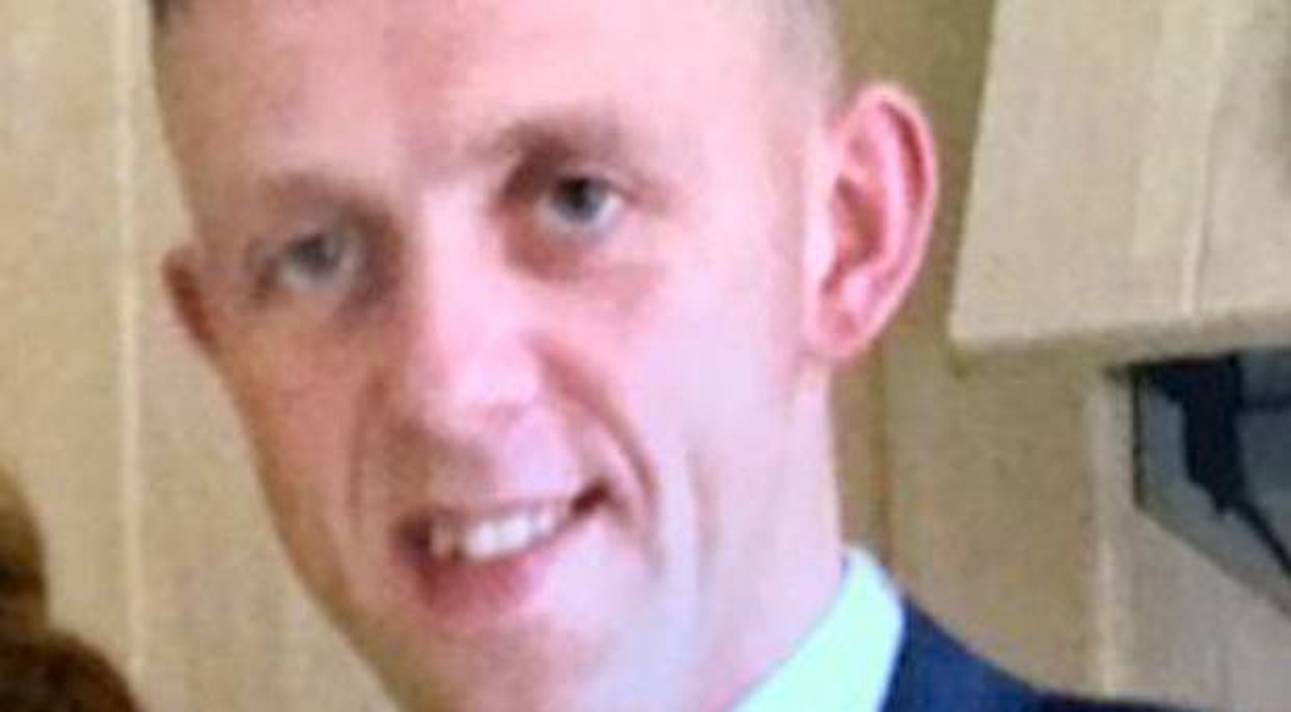
Brian Phelan
As he lay bleeding, the jury heard that Mr Phelan was able to call 999 himself but that he also called his girlfriend and kept saying “I’m dying’ and asked her to come to him,” said Mr Connor adding that “he sounded as if he was choking.”
He told the jury there was CCTV footage taken from a nearby house which showed an “interaction” between Mr Phelan and his alleged killer Daniel Carroll who he had gone to meet.
That footage, he told the jury, showed the victim holding his neck as he sat down in the garden of a property on the Carrivekeeney Road and then lying down and it was there that a passerby found him and alerted the emergency services including the air ambulance.
“Despite the best efforts of the civilians and emergency services life was pronounced extinct at 3.56,” said Mr Connor who showed the jury a photograph of the tragic Mr Phelan as he lay dead in the garden of the property.
A pathologist found that Mr Phelan had sustained five stab wounds, three to his neck and two to his chest but it was two of the nine centimetre deep wounds to his neck that lacerated the carotid and thyroid arteries which were “the most serious and significant injuries.”
Carroll was arrested within two hours of the killing but refused to answer police questions or offer any explanation until 15 months later when his legal team lodged a defence statement claiming that three unidentified men had “suddenly appeared” and launched a murderous attack on Mr Phelan, warning Carroll to “stay out of it” before they fled the scene.
Turning to the police investigation and what evidence the jury will hear as the trial progresses over the next three weeks, Mr Connor outlined how the defendant and his alleged victim “were acquaintances” and had been texting and calling each other in the days leading up to the killing, mainly about Mr Phelan “looking for money owed to him by the defendant.”
The men had been set to meet up the day before but didn’t so arrangements were made for Mr Phelan to collect Carroll from High Street in Bessbrook.
The lawyer said Mr Phelan and two other friends had been working at a car when the victim left in a blue Peugeot 206, “mentioning something about buying quad bikes from the defendant.”
Outlining how the Carrivekeeney Road is a narrow country road and a dead end leading up to Camlough mountain, Mr Connor said a witness who would give evidence reported seeing two men at a blue Peugeot and carried on walking but when he came back 10-15 minutes later, the car was gone but had left skid marks.
“Twenty five metres behind those marks he noticed a man lying on the ground…that was the stricken Mr Phelan,” said the lawyer, adding that the man noted he was “saturated in blood and he was in a bad way.”
There were two girls in the house next door to where Mr Phelan was found and Mr Connor said their evidence would be that they saw a blue Peugeot driving away just before they saw a man “stumbling about…holding his neck and his face and neck were covered in blood.”
The Peugeot car was found abandoned at Ardgreen Drive and the jury heard that at 4.20pm, Carroll phoned a friend to collect him at St. Patrick’s Avenue and take him to his uncle’s house.
With Carroll “appearing out of sorts and fidgeting with his hands, talking but not making much sense,” his uncle asked him what was wrong and the defendant replied “that he had been in an altercation with somebody and he heard rumours that the person might be dead”.
“The uncle asked if he had been the last one with the person who might be dead and he said he didn’t know,” said Mr Connor who told the court Carroll was arrested at his uncle’s house.
Explaining to the jury that for a person to be guilty of murder they had to intend to kill or to cause “really serious harm…we will say that at the time it was obvious by his actions that what he intended was to kill him or to cause him really serious harm.”
“We say that once you have heard all of the evidence in the case, you will have no hesitation in finding the accused guilty on the sole count on the bill of indictment, the murder of Mr Phelan,” the lawyer concluded his opening.
The trial, set to last up to three weeks, continues. At hearing.
